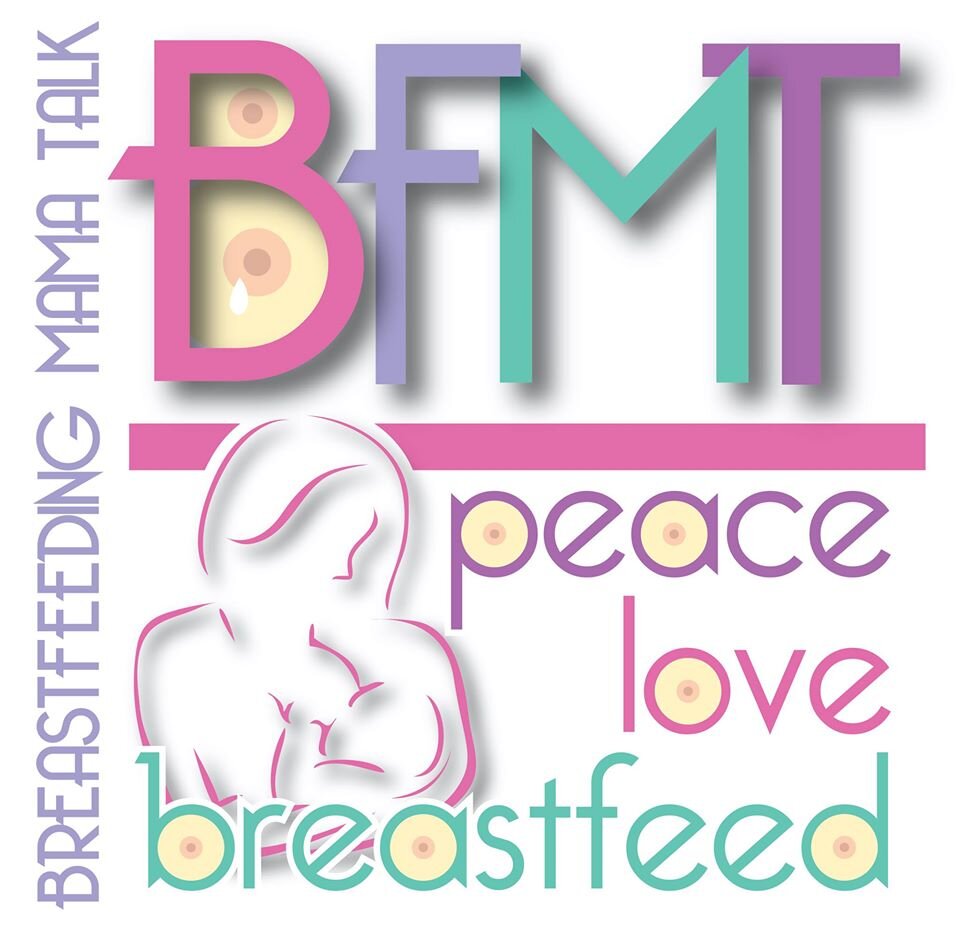4 Reasons Breastfeeding Is Important
/By: Kristy Kemp
Breastfeeding has been encouraged across the world for centuries and continues to be promoted as the best source of nutrition for the first six months of a baby's life. The following organizations highly recommend exclusive breastfeeding for the first six months of life for the baby's immune system to become strong and powerful enough :
a)American Academy of Pediatrics,
b)World Health Organization,
c)UNICEF,
d)Health Canada.
One of the best sights in the world is the sight of a small baby drinking milk from its mother. This is a special sight to behold all over the world. One of the greatest things about breastfeeding is the fact that it can be done naturally by any mother in the world. The reason for this stems from the fact that breastfeeding your child is genetically coded into your genes as a mother and a child will naturally try to latch on to his or her mother whenever he or she becomes hungry. The importance of breastfeeding can be categorized into the following:
1.Benefits to the baby.
Mother's milk provides complete and valuable nutrients for baby's ideal growth and development. It's rich in antibodies for protection against diseases, proteins for growth, and carbohydrates, fats, and minerals for brain and nervous system development.
Some studies even indicate mother's milk enhances cognitive development and reduces the risk of childhood obesity.
Since its inception, the American Academy of Pediatrics has been a staunch advocate of breastfeeding as the optimal form of nutrition for infants, with artificial milk (formula) a very distant second alternative. The American Lung Association states that babies who are breastfed for at least four months are less likely than formula-fed babies to develop asthma, the leading cause of childhood hospital stays in the United States and Australia (Kaufman, 1999).
2.Benefits to Mother.
Babies aren't the only ones who benefit from breastfeeding. Mothers who breastfeed lose weight more quickly after giving birth and their postpartum bleeding is usually lessened when compared to mothers who do not breastfeed. Oxytocin, a hormone released during breastfeeding, helps shrink the uterus and return it to pre-pregnancy size. The hormones released with breastfeeding act as a type of contraceptive to delay ovulation and fertility (American Academy of Pediatrics, 1997). In addition, breastfeeding activates a calming effect through the release of the hormone prolactin, which increases mother-baby bonding while initiating and maintaining milk production.
Some studies even indicate that breastfeeding may reduce the incidence of breast, uterine and ovarian cancers (Radetsky, 1999) and in the long term may reduce a woman's risk of osteoporosis by increasing bone strength.
3.Benefits to Society.
Because breastfed babies are generally healthier than formula-fed babies, they require fewer expensive medications, doctor visits, medical tests, and hospital stays. Costs to the federal and state governments could be reduced by billions of taxpayer dollars if we had more breastfed babies and this estimate does not factor in "lost work time" by parents who stay home to care for a sick child.
From an environmental standpoint breastfeeding requires fewer natural resources in the form of glass, aluminum, paper, and plastic for packaging plus the products required to prepare and provide baby formula.
4.A special Time.
This is a very special time for you and your baby. You're forming emotional bonds that will last a lifetime and offering your baby the healthiest combination of nutrients possible-an ideal way to start life. Although you'll be very focused on your newborn, it's also important that you consider your own needs. In the long run, that will benefit both you and your baby. For instance, try to rest when your baby rests rather than catching up on housework or laundry. The extra rest will help elevate your attitude, complete your postpartum recovery, and help establish your milk supply.






